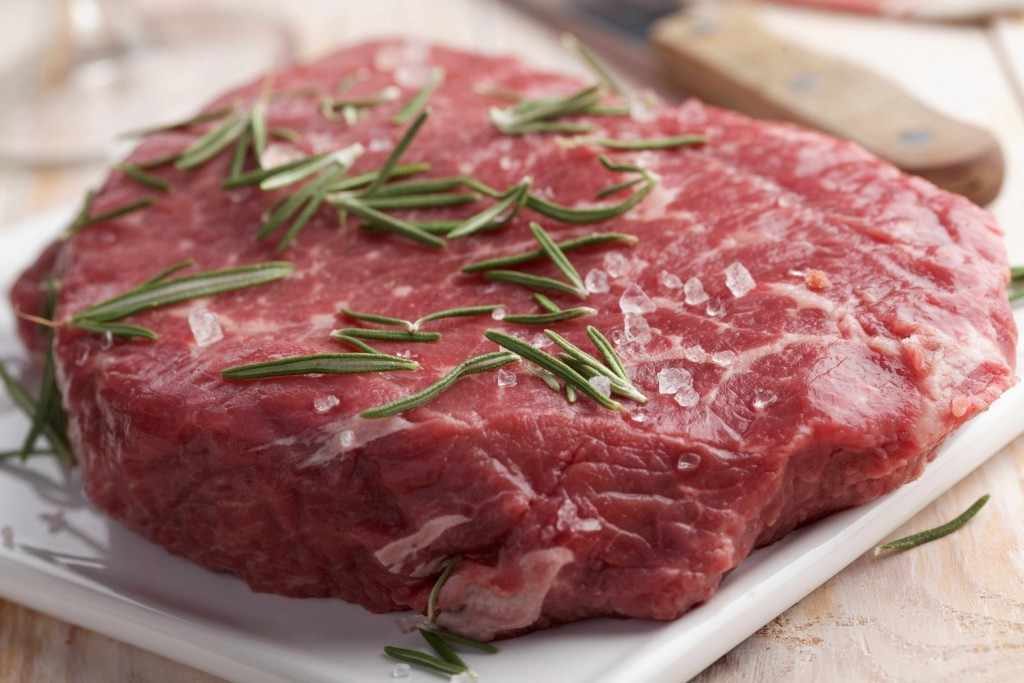-
Infectious Diseases A-Z: Wash your hands, not your meat and other food safety tips

Foodborne illnesses increase during the summer because bacteria grow faster in warmer temperatures. When preparing food outdoors away from sinks and refrigeration, the opportunity for contamination rises. Anya Guy, a Mayo Clinic dietitian, says it's possible to avoid illness by following these important tips.
"It's important to remember to wash your hands frequently, keep foods at proper temperatures, and cook meats to proper temperatures to avoid any food-borne illness," says Guy.
Watch: Anya Guy offers food safety tips
Journalists: Broadcast-quality sound bites with Anya Guy are in the downloads at the end of the post. Please "Courtesy: Mayo Clinic News Network."
It's important to wash your hands, keep food preparation areas clean, wash utensils, rinse vegetables and fruits, but avoid rinsing meat and chicken.
"Some people may think they’re supposed to wash their meats or their chicken before cooking them," says Guy. "I recommend not washing them because that puts you at risk for spreading the bacteria around your kitchen and around yourself."
Make sure chicken and other meats are cooked to a safe temperature. Guy recommends keeping a food thermometer handy. "Don’t forget the food thermometer as an important kitchen utensil," she says. "Take the temperature at the thickest part of the meat and look for 165 degrees Fahrenheit for chicken, 160 degrees for hamburger and 145 degrees for steak. Don’t just look for the juices to run clear."
Keeping cold foods at the right temperature is as important as cooking foods thoroughly. When on a picnic or at a barbecue, be sure to pack your food in coolers. "Keep coolers filled with lots of ice and ice packs to keep the foods refrigerated at less than 40 degrees Fahrenheit," says Guy. "If you take foods out of the refrigerator and have them outside, for a picnic or for a barbecue, food is typically safe for two hours outside of the refrigerator. If it’s a very hot day — greater than 90 degrees Fahrenheit— cut that time in half to one hour."
Common symptoms of a foodborne illness include:
Many foodborne illnesses improve on their own but sometimes people need medical attention. Older adults, young children, people with comprised immune systems and pregnant women are at higher risk for foodborne illness.







